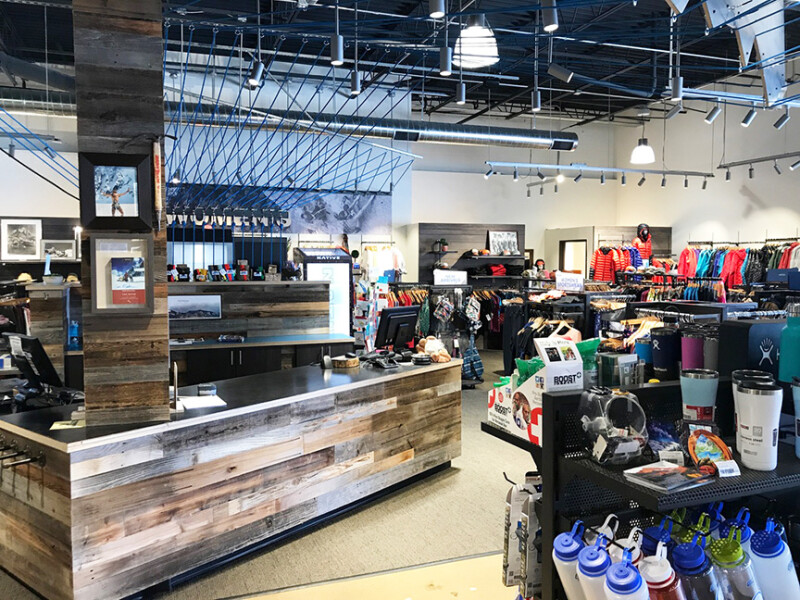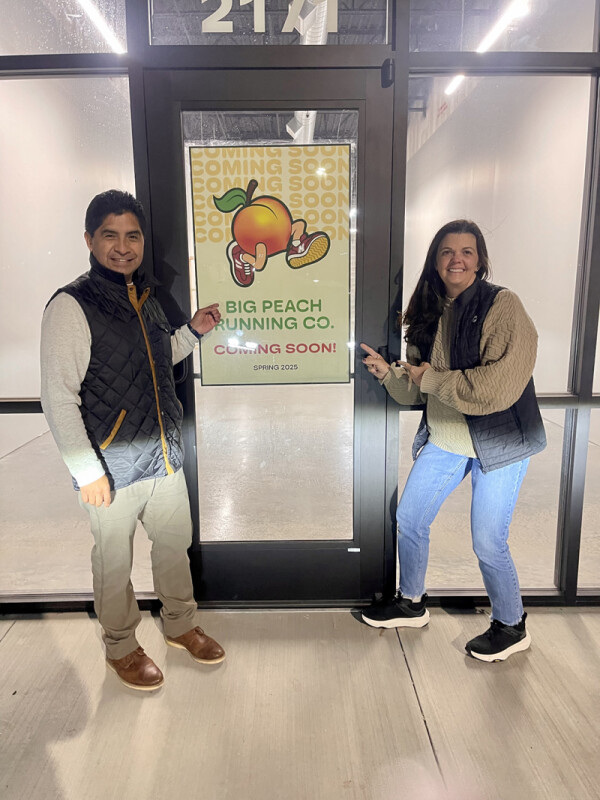Craig Segal called it the most difficult social media post he’s ever crafted for his 11-year-old running shop.
On May 25, Segal, the co-owner of New Jersey-based Runner’s High, took to Instagram and shared a heartfelt note about the retiring Dean Shonts, a nine-year employee at the Runner’s High location in Freehold.
When Shonts joined the Runner’s High team in 2014, Segal was two years into leading the Garden State running store. He had learned a lot throughout his brief turn in entrepreneurship, though he admits he had plenty more to discover.
Shonts, who opened New Jersey’s first run specialty store, the Sneaker Factory Running Center, in 1978, became Segal’s run specialty sherpa. Offering a seemingly endless supply of knowledge and insight, Shonts helped Segal sharpen his upstart business and broaden his perspective by sharing countless business lessons from his 27-year run atop the Sneaker Factory.
“The influence he has had on our crew is incalculable,” Segal wrote of Shonts. “His wealth of knowledge, passion for the sport of running and level of expertise are unmatched. All we can say to Dean is a heartfelt thank you. Thank you for being a part of our team the last nine years. Thank you for sharing 40+ years of experience with us and the community.”
Segal reflects on three key running retail lessons he learned from Shonts:
#1: Take a personal interest in customers.
Segal marveled at the close relationship Shonts, known by many as the “Grandfather of New Jersey running,” shared with customers and the unique way he forged those relationships – with humor, with questions and by taking an earnest interest in their lives. It was always personal, never transactional.
Segal says Shonts fit so many people in their first pair of shoes and showered them with such enthusiasm during their stay at the store that it spurred repeat visits and long-term relationships. People returned time and again to visit Shonts and share their journeys.
“Slow down, take your time and listen,” Segal says of Shonts’ routine practice at Runner’s High. “If you learn their stories, they’ll be with you for the long haul.”
#2: Favor quality over quantity.
It’s natural for entrepreneurs to contemplate expansion and growth, but Shonts favored deliberate action. Under his charge from 1978-2005, the Sneaker Factory remained a single-door operation. While Shonts explored expansion opportunities at different points throughout his ownership tenure, he often concluded that “bigger wasn’t necessarily better” and remained a one-location business.
“Dean and I talked often about the growth of a business and why he kept the Sneaker Factory one door when he owned it,” Segal says. “He said he couldn’t be everywhere at once and never wanted to spread himself too thin.”
It’s advice Segal and his business partner, Rob DeFilippis, have taken to heart as they’ve considered the possibility of expanding Runner’s High beyond its current two-store footprint. Any additional locations, Segal says, will be fueled by careful analysis and planning.
#3: The practice of self-analysis.
Segal calls Shonts “remarkably transparent” about his shortcomings and struggles. Computers and merchandising, for instance, were two particular blind spots Shonts readily acknowledged.
Shonts’ openness spurred Segal to think more critically about his own strengths and weaknesses as a running retailer, including how he could better leverage staff members’ individual talents and passions inside the business. Segal believes his own self-analysis benefits him, the staff and the store at large, as it empowers people to develop their own path at Runner’s High and take ownership of their contributions.
“A business can only grow so much under one person if it is micromanaged,” Segal says.







